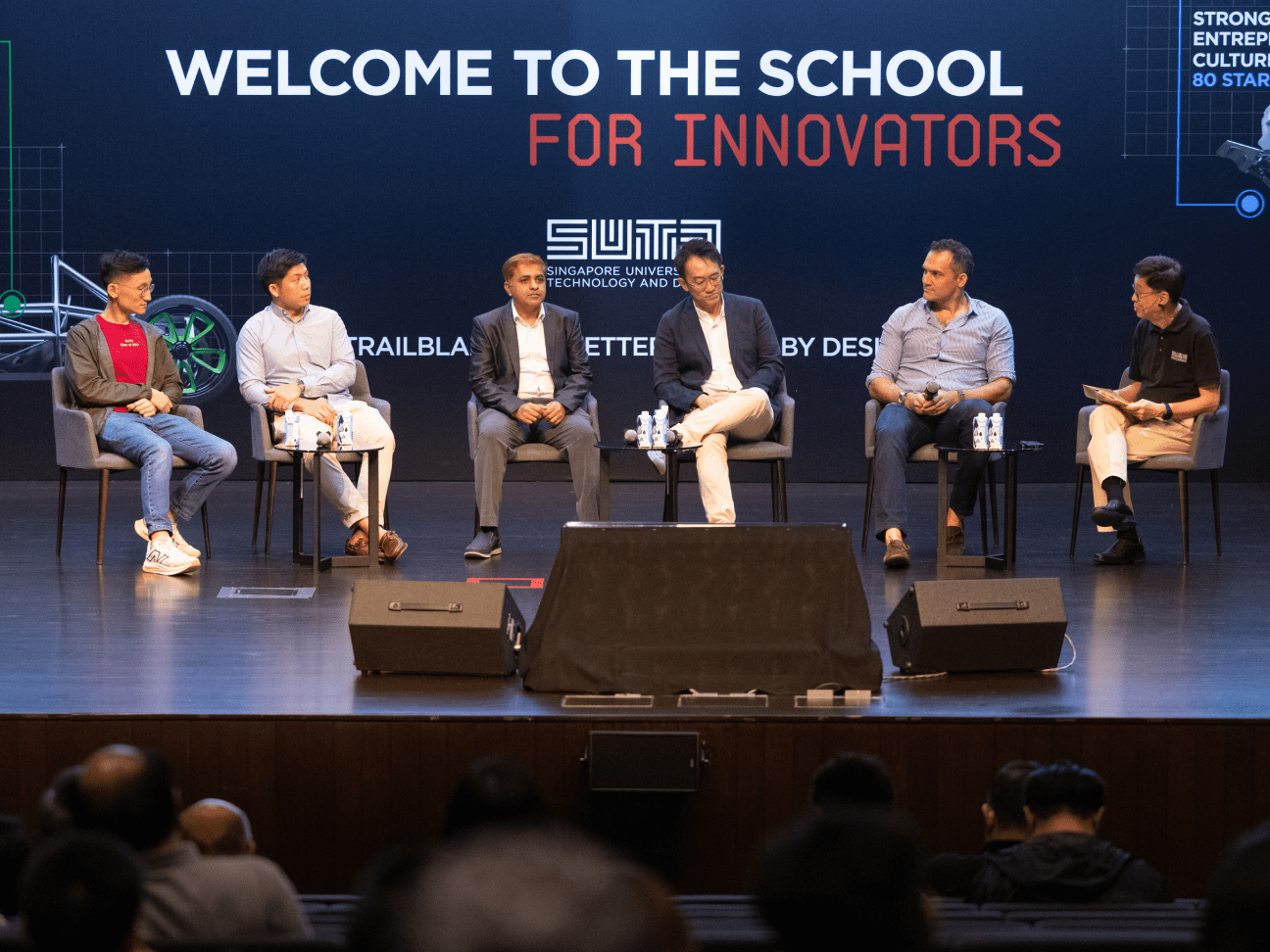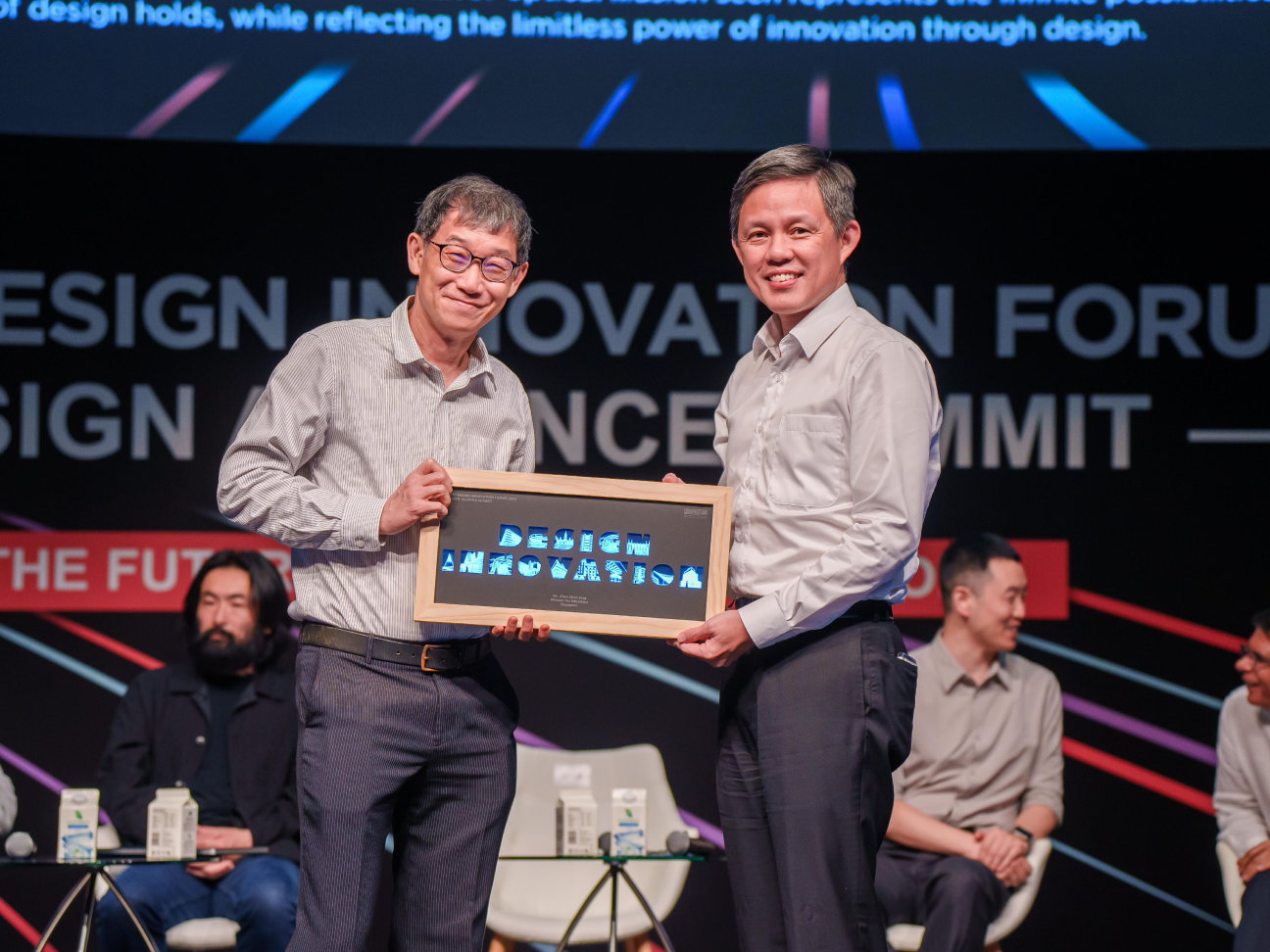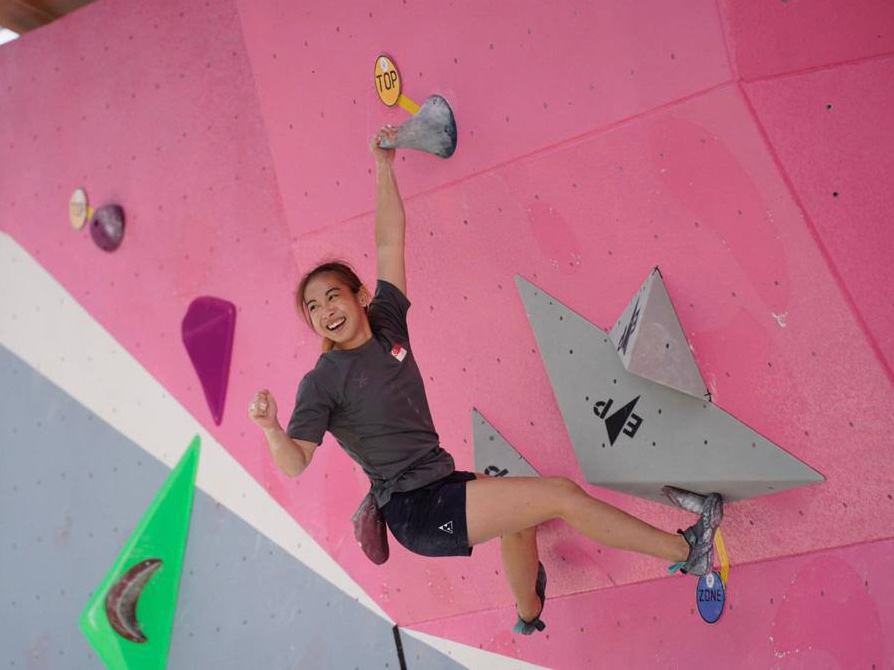Research news
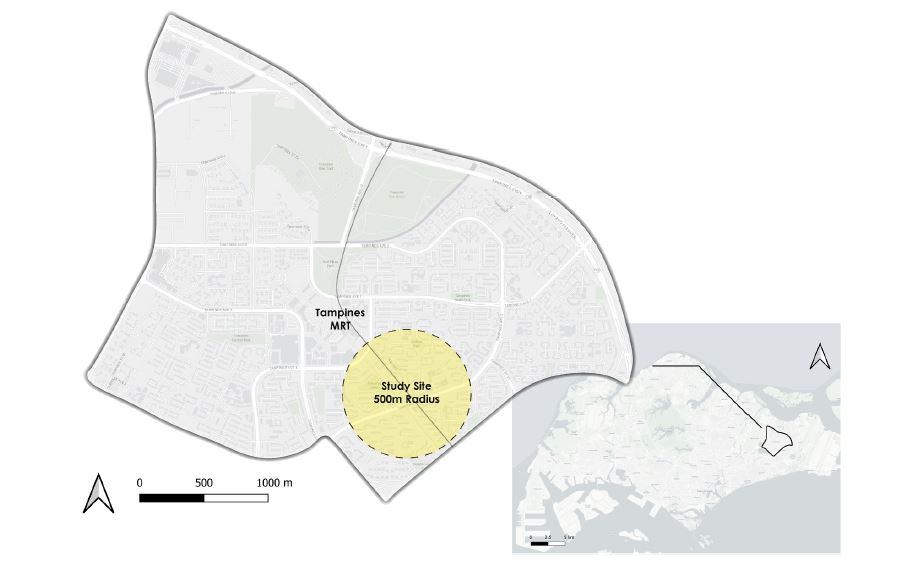
Strolling around a Singapore town: What makes a neighbourhood ideal for walking?
SUTD researchers delved into the lived experiences of Singaporeans including older adults to uncover key factors influencing their walking habits, which can guide urban planners in designing people-centric environments that promote active mobility.

AI-powered tool to detect hate speech in Southeast Asian languages
SUTD researchers developed SGHateCheck, the first functional test specifically tailored to evaluate hate speech in the multilingual environments of Singapore and the broader Southeast Asia.
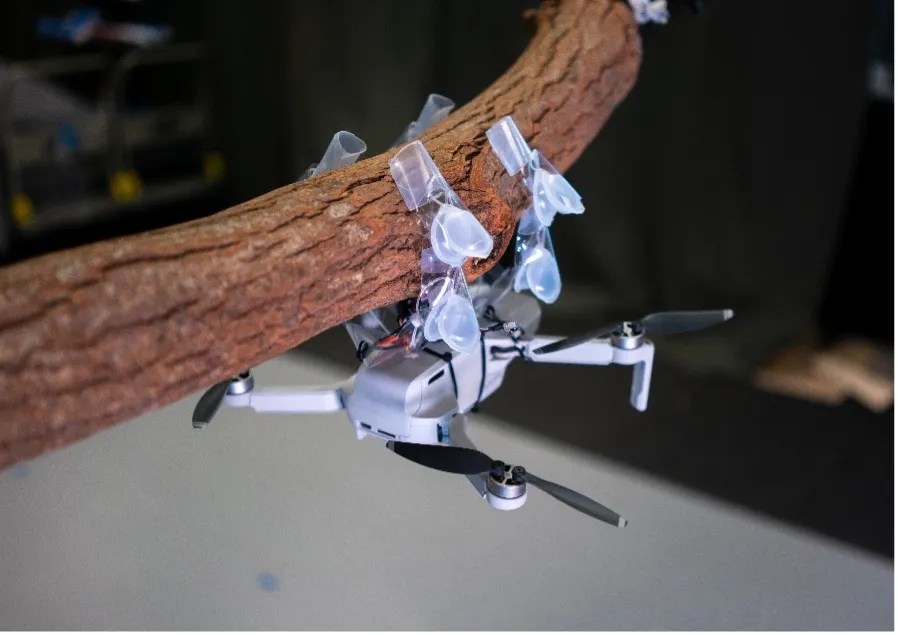
Transformative FiBa Soft Actuators Pave the Way for Future Soft Robotics
Lightweight, untethered soft robots capable of crawling, climbing, perching, and flying developed by researchers from the Singapore University of Technology and Design, National University of Singapore and Queensland University of Technology.

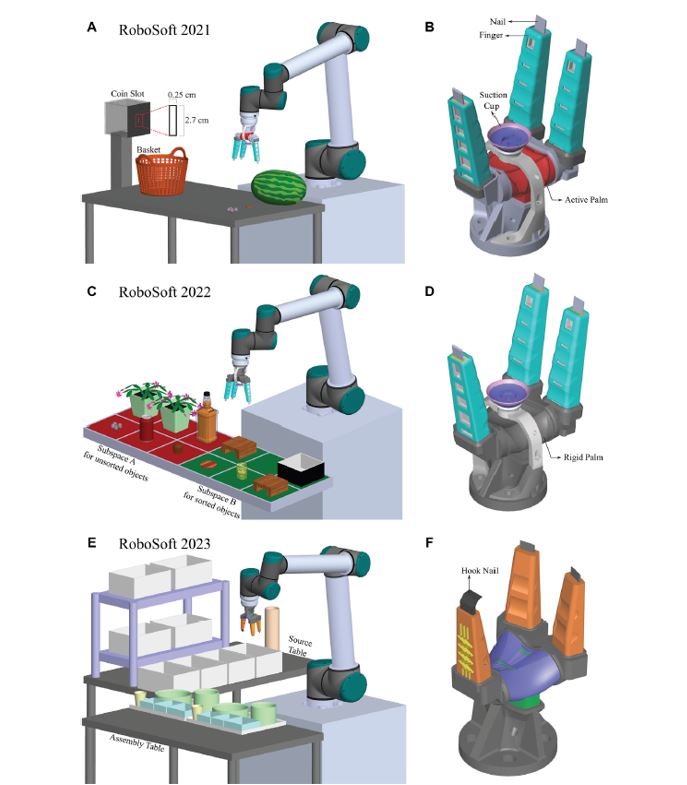
Designing the ideal soft gripper for diverse functionalities
SUTD researchers have developed an exceptionally versatile soft gripper that can easily adapt to various food manipulation scenarios. This innovative design earned them the grand prize at the IEEE RoboSoft Manipulation Competition for two consecutive years (2022 and 2023), and more recently, the Best Innovation Award at the Shape Morphing Workshop during the 2024 IEEE RoboSoft conference.

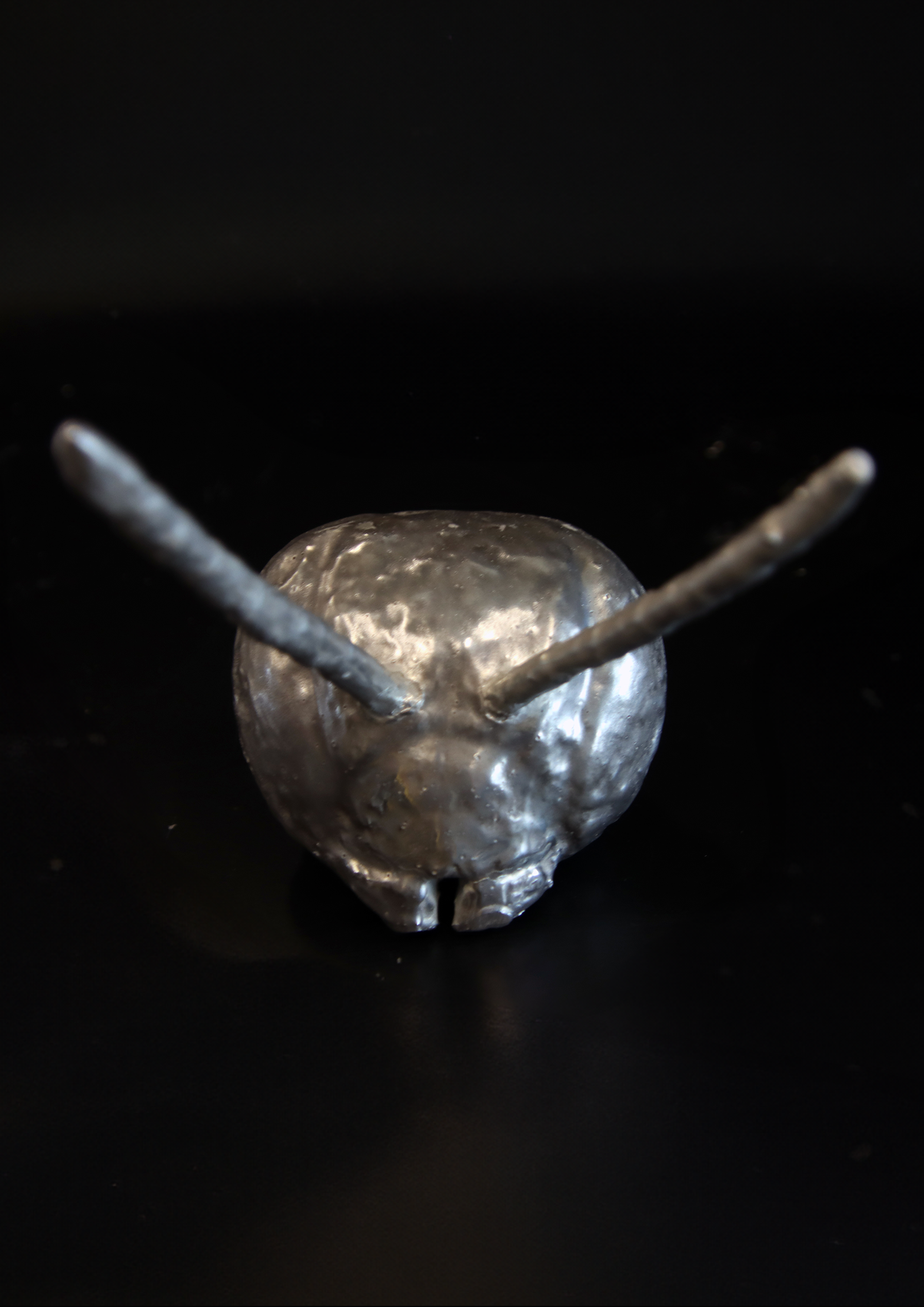
From shrimp to steel: Introducing nature-inspired metalworking
SUTD researchers developed a new method of producing metallic structures at room temperature and pressure using the same process that insects and lobsters use to create their shells, unlocking a new type of energy-efficient metalworking.

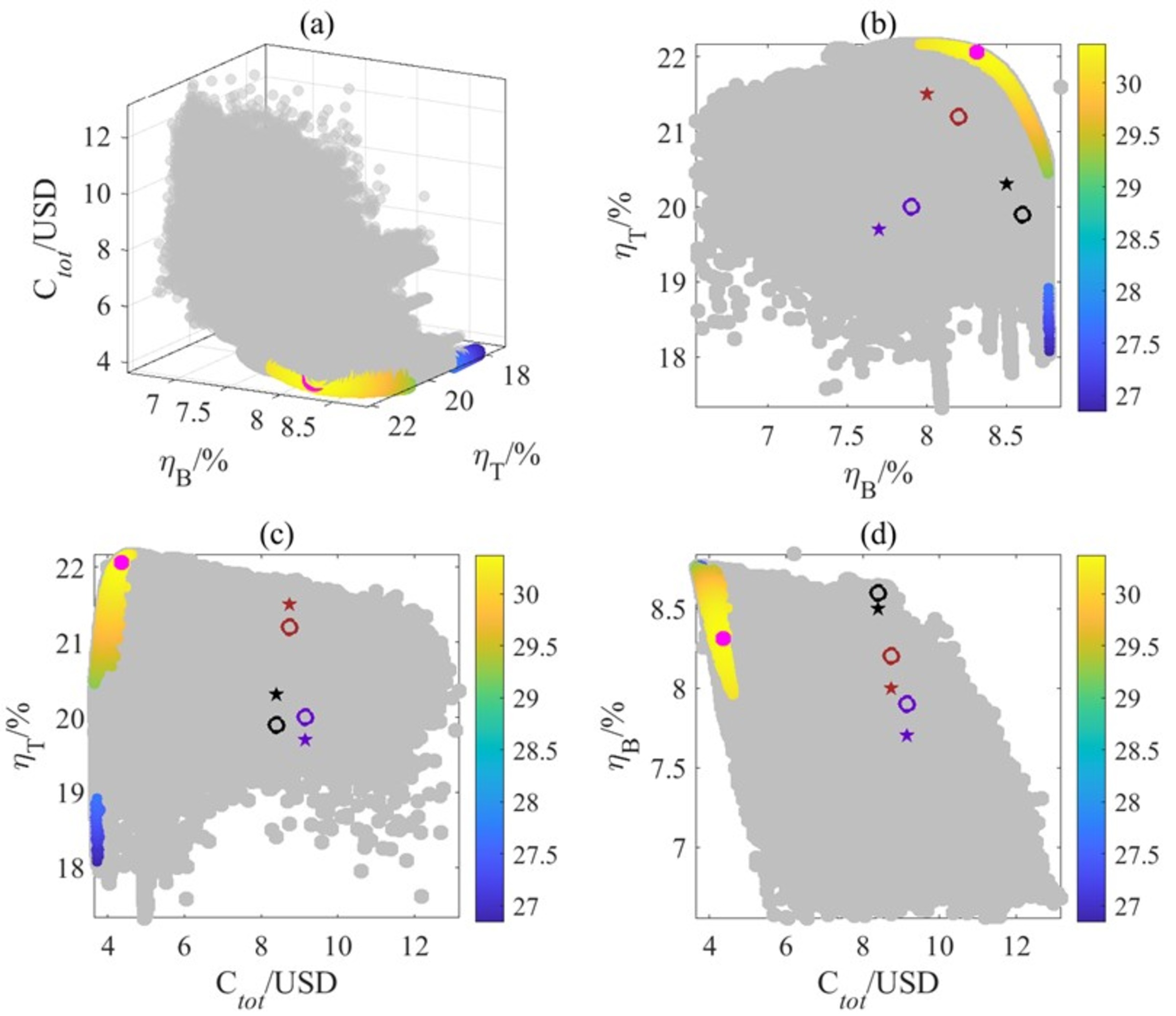
How to capture solar energy more efficiently
In a multi-institutional collaboration, one SUTD researcher finds a way to optimise the design of perovskite tandem solar cells using machine learning.

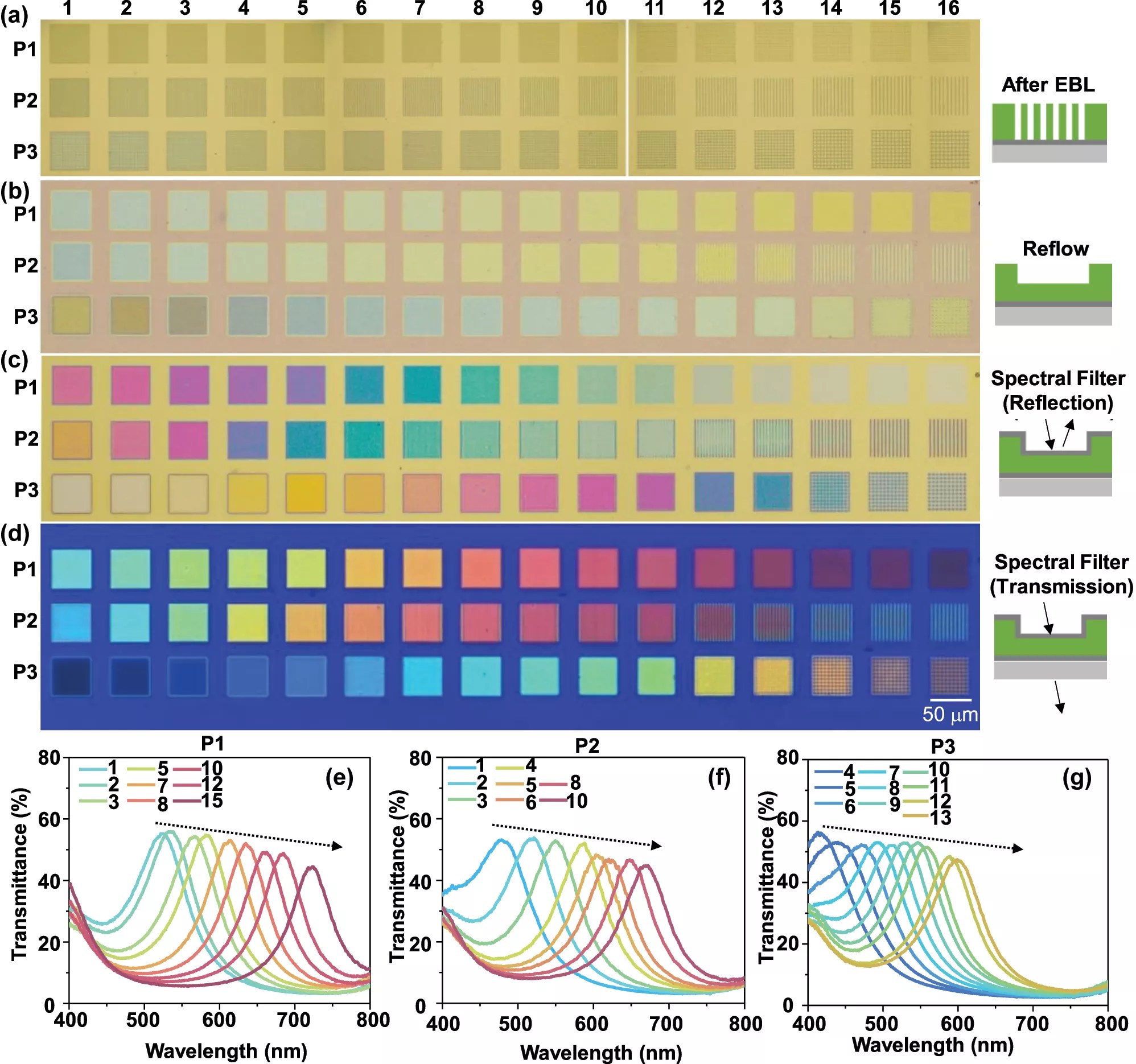
Featured in Nanophotonics – Scaling up multispectral color filters with binary lithography and reflow (BLR)
Spectral sensors are an integral part in digital cameras and mobile phones. To exhibit color sensitivity, color filters are fabricated above photodiodes. However, processes that rely on the sequential fabrication of each filter are cost ineffective. In collaboration with LiteOn Semiconductor, we introduce an approach to produce at least 16 distinct filters based on a single low-resolution lithographic step with a minimum feature size of 0.6 μm.

SUTD researchers discover that dual-language gameplay protects against cognitive ageing
SUTD researchers had set out to test the effect of bilingualism in mitigating cognitive decline in older adults. The team developed and conducted a novel game-based cognitive training programme and found that older adults who played in dual-language mode improved their cognitive skills more than those who played in single-language mode.

Designing our meals with 3D printing
SUTD researchers adopted a microfluidics approach to design a multi-channel nozzle that allows for fast, seamless 3D printing of foods using multiple types of foods.

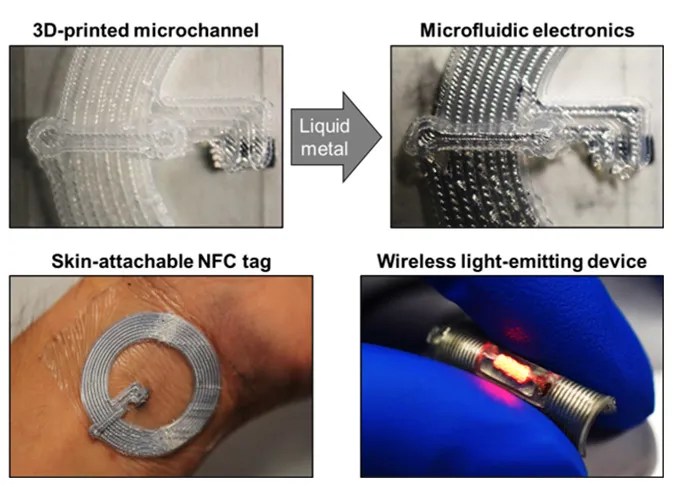
SUTD researchers create flexible and stretchable microfluidic devices using direct printing of silicone-based 3D microchannel networks
Silicone-based elastomeric 3D microchannel networks were created using direct ink writing 3D printing with simultaneous incorporation of electronic components into the microchannel. By injecting liquid metal into the coil-shaped multilayered microchannel, flexible and stretchable microfluidic antenna coils with a high Q factor were developed.


